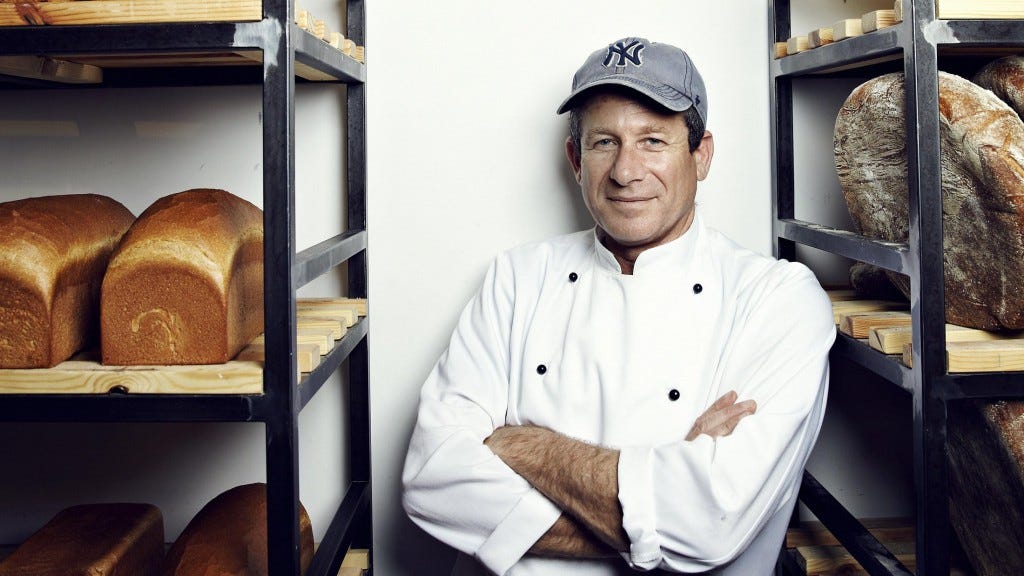Uri Scheft's Shabbat Dinner

I'm so pleased to feature Uri Scheft in my ongoing DALS family ritual series. You might know Scheft as the man behind cult-favorite Breads Bakery in New York (and Lehamim in Tel Aviv), or because you were smart and listened to me last year when I demanded you mail-order his world-famous chocolate babka. But if you didn't, fear not, you have a chance to …




